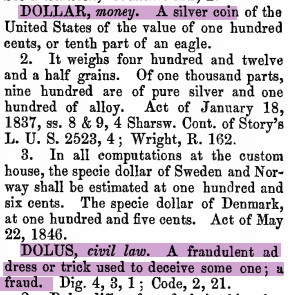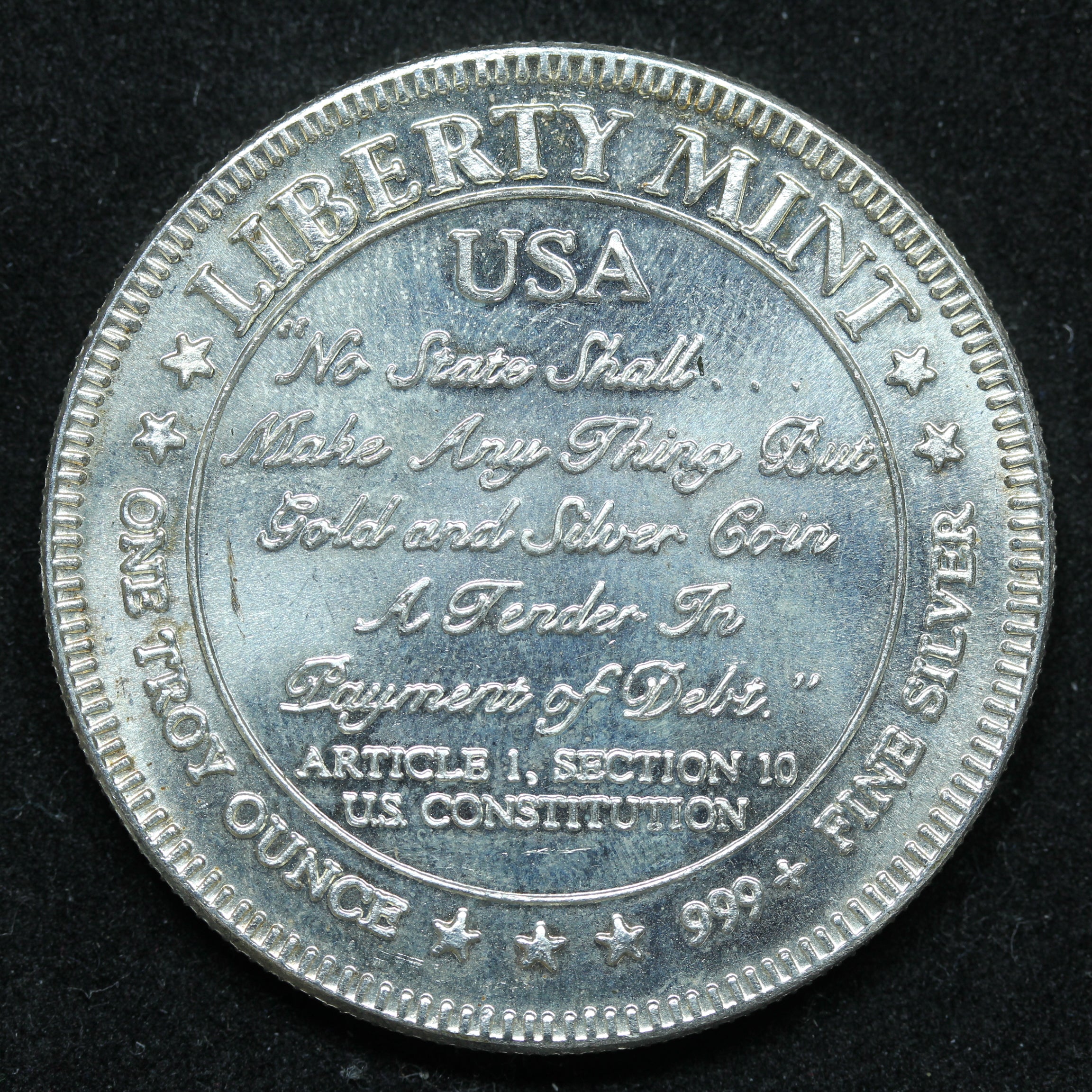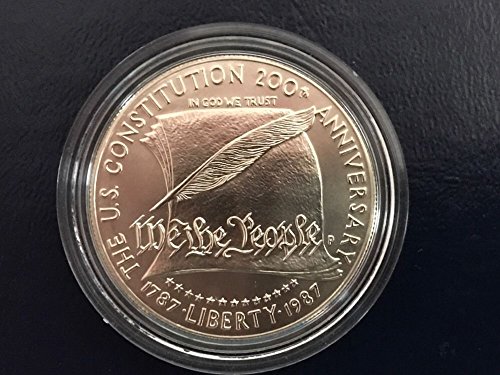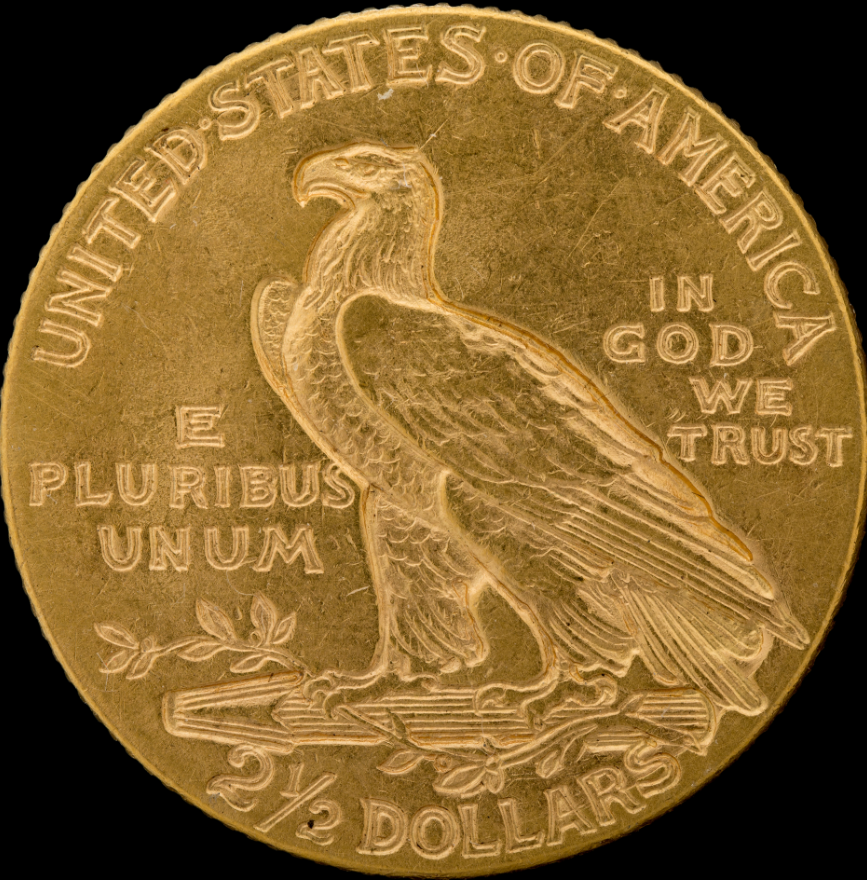
The Seven Money Clauses
Congress shall have power to borrow money on the credit of the United States. ~ Art. I, sec. 8, cl. 2.
Congress shall have power to coin money, regulate the value thereof, and of foreign coin, and fix the standard of weights and measures. ~ Art. I, sec. 8, cl. 5.
Congress shall have power to provide for the punishment of counterfeiting the securities and current coin of the United States. ~ Art. I, sec. 8, cl. 6.
No money shall be drawn from the Treasury, but in consequence of appropriations made by law. ~ Art. I, sec. 9, cl. 7.
The migration or importation of such persons as any of the states now existing shall think proper to admit, shall not be prohibited by the Congress prior to the year one thousand eight hundred and eight, but a tax or duty may be imposed on such importation, not exceeding ten dollars for each person. ~ Art. I, sec. 9, cl. 1.
No state shall coin money, emit bills of credit, or make any thing but gold and silver coin a tender in payment of debts. ~ Art. I, sec. 10, cl. 1.
In suits at common law, where the value in controversy shall exceed twenty dollars, the right of trial by jury shall be preserved. ~ Amdt. VII
The basic unit is the dollar, a silver coin containing 371.25 grains of pure silver.
Only gold or silver coins and currency (specie-backed banknotes) can be legal tender.
No state may issue coins or currency.
No one may counterfeit U.S. Government-issued coins or currency.
Neither the states nor Congress may issue fiat money notes (‘bills of credit’).



